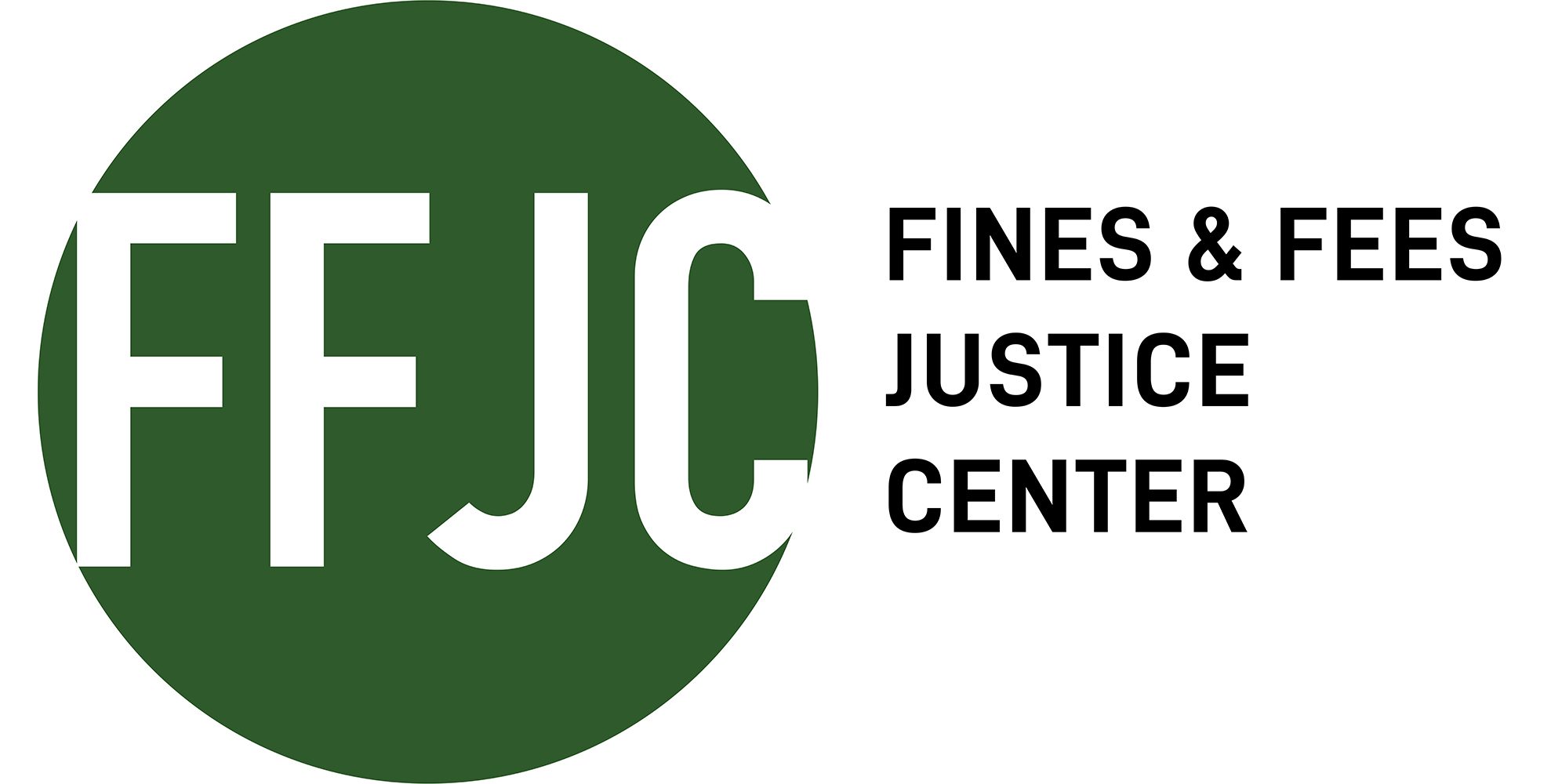The Price of Justice Initiative provided grants to five states— California, Louisiana, Missouri, Texas, and Washington— to tackle the issue of criminal justice system debt. The grantee sites were tasked with incorporating technology to improve existing, and develop new, practices concerning ability to pay determinations, non-monetary alternatives to payment, and alternatives to traditional community service options. This report summarizes the progress the grantees made in fines and fees reform over a three-year period, the challenges they experienced, and guidance for other jurisdictions interested in reforming their court systems.
You can read the full text of the report here.
Key findings
- Consolidating and automating existing forms could improve ability-to-pay determinations.
- Fine to work conversions are an important step toward determining alternatives to fines and fees. More comprehensive technology can also allow for non-traditional forms of community service, such as online learning or e-learning, that are accessible to more people..
- In states where courts use different case management systems, using centralized data warehouses could help streamline the data analysis and performance measurement process.
- Automation of court processes proved to be the greatest benefit of creating online tools such as online calculators used to conduct ability-to-pay determinations.
- Instituting a team of data analysts that is responsible for collecting, extracting, and analyzing data is integral to ensuring data quality control.
- National data concerning the use of jail and other penalties as a punishment for nonpayment of fines and fees is not sufficiently developed.
Author(s): Yolaine Menyard, Chidinma Ume, Center for Court Innovation; Elizabeth DeWolf, Reagan Daly, City University of New York Institute for State and Local Governance
Research institution(s): Center for Court Innovation
